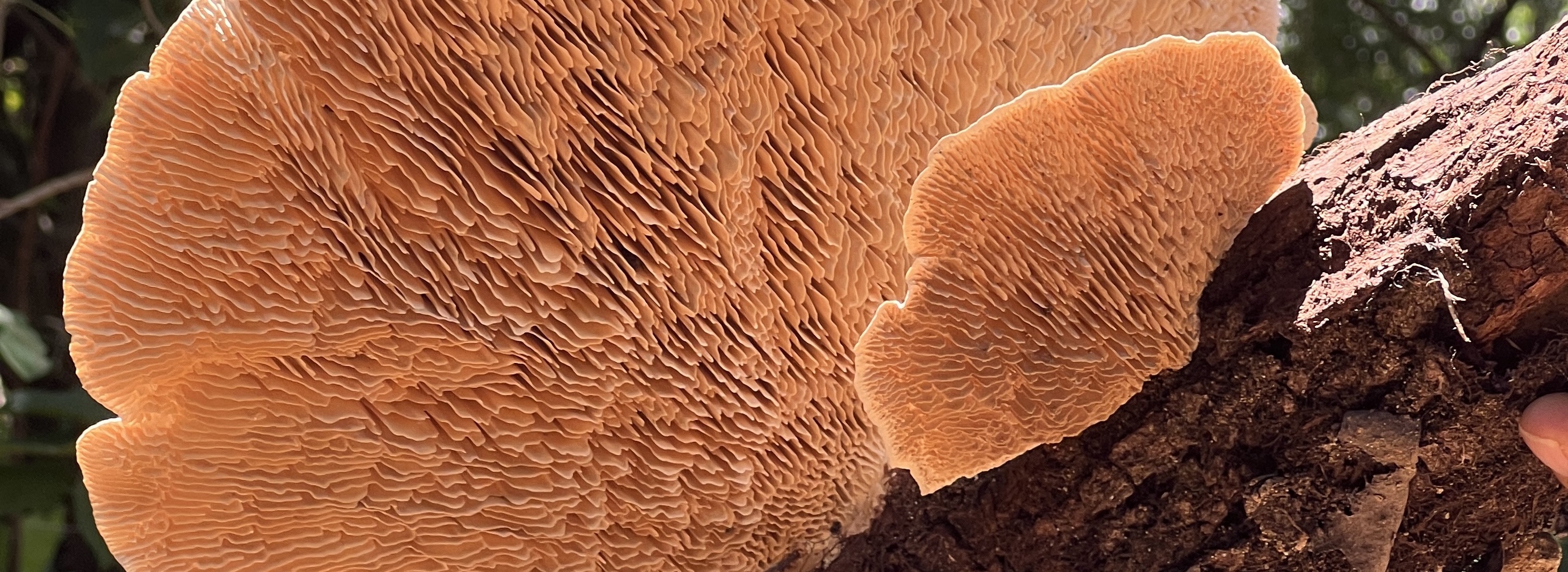
Monteverde Institute: Tropical Ecology and Conservation
Alternative Title
La eficacia de extracto de aceite esencial de citronela como un larvicida contra Culex spp.
Files
Download Full Text (616 KB)
Publication Date
May 2017
Abstract
The production and use of mosquito insecticides has long been practiced; presently, the search for natural insecticides and larvicides is a flourishing field. Natural insecticides and larvicides persist less in the environment and are less toxic than synthetic insecticides such as DDT (dichloro-diphenyl-trichloroethane). I studied the effectiveness of citronella grass, Cymbopogon nardus, as a larvicide against Culex quinquefasciatus and Culex nigripalpus mosquito larvae and how it affected their behaviors. The larvae were exposed to three different treatments: two self-prepared extractions of citronella oil of different concentrations and a natural commercialized citronella repellant spray. I recorded the number of deaths and behavioral changes before and after the treatment twice a day. Results showed that larvae mortality between the control group and the three treatments were significantly different. The two citronella oil extraction treatments collectively killed an average of 52% of the larvae and the commercial spray killed 100% of the larvae. The treatments also induced the larvae exposed to the citronella oil to progress in the life cycle more rapidly than the larvae in the control group. The larvae exhibited new behaviors after exposure to the citronella essential oil as well. The sudden behavior change after adding the citronella essential oil is key evidence that the citronella oil is immediately affecting the larvae. The results I obtained from this study suggest that the leaf and aerial parts essential oils of C. nardus are potential natural larvicides against C. quinquefasciatus and C. nigripalpus larvae.
Resumen
La producción y uso de insecticidas contra mosquitos se ha practicado por mucho tiempo. Hoy en día, la búsqueda de insecticidas naturales y larvicidas es un campo de estudio en crecimiento. Los insecticidas y larvicidas naturales persisten menos en el medio ambiente y son menos tóxicos que los insecticidas sintéticos como DDT (dicloro-difenil-tricloroetano). Estudié la efectividad de la planta de citronela, Cymbopogon nardus, al ser usada como larvicida contra larvas de Culex quinquefasciatus y Culex nigripalpus y cómo afectaban sus comportamientos. Los resultados mostraron que la mortalidad de larvas entre el grupo control y los tres tratamientos fue significativamente diferente. Los dos tratamientos de extracción de aceite de citronela mataron colectivamente un promedio del 52% de las larvas y el spray comercial mató el 100%. Las larvas mostraron nuevos comportamientos después de la exposición al aceite de citronela. El cambio repentino de comportamiento después de agregar el aceite de citronela es evidencia de que este está afectando inmediatamente a las larvas. Los resultados que obtuve en este estudio sugieren que los aceites esenciales de las hojas de C. nardus son larvicidas naturales potenciales contra larvas de C. quinquefasciatus y C. nigripalpus.
Keywords
Insecticides, Mosquitoes, EAP Spring 2017
Palabras claves
Insecticidas, Mosquitos, EAP Primavera 2017
Extent
12 pages
Geographic Location
Monteverde (Puntarenas, Costa Rica)
Holding Location
Monteverde Institute
Language
English; Spanish
Media Type
Articles
Format
Digital Only
Identifier
M39-00623
Type
Book
Recommended Citation
Patel, Mina M., "The effectiveness of citronella essential oil extract as a mosquito larvicide against Culex spp., May 2017" (2017). Monteverde Institute: Tropical Ecology and Conservation. 191.
https://digitalcommons.usf.edu/tropical_ecology/191


